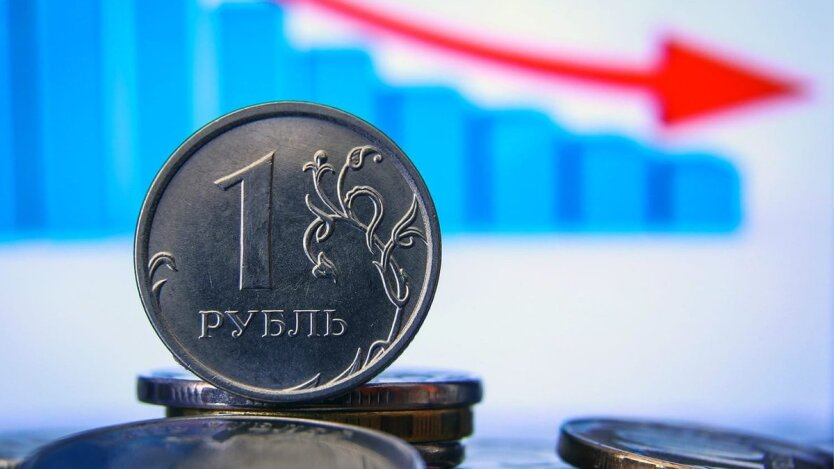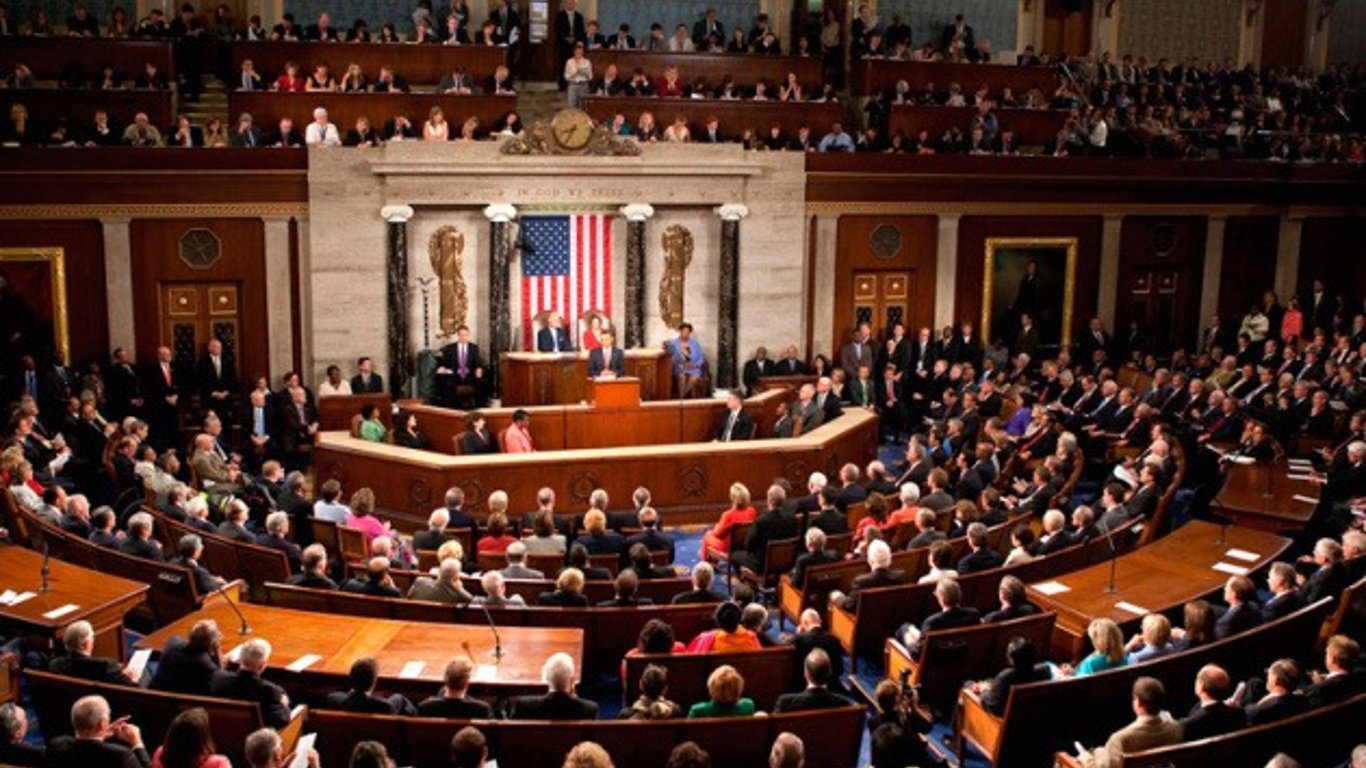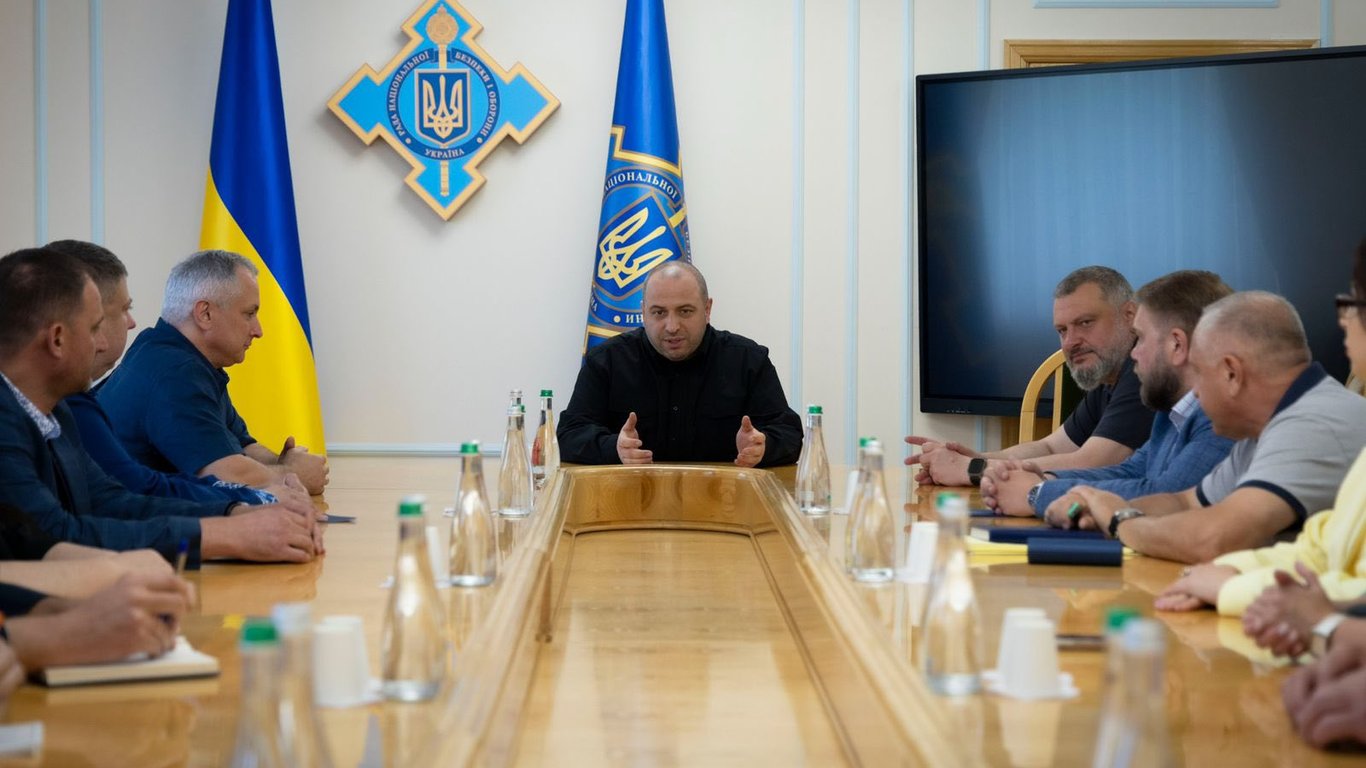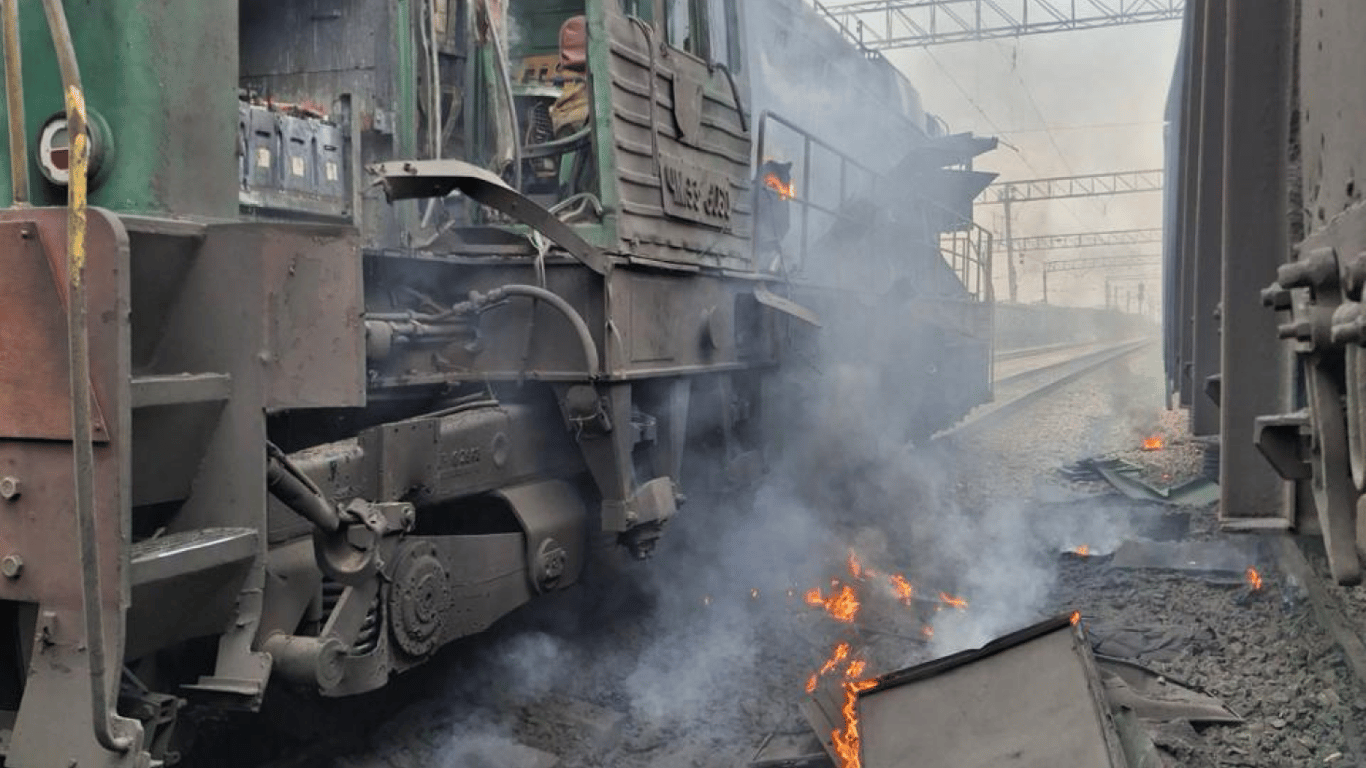Russia faces a shortage of consumer goods - expert.


Russia is investing money in the military sector, while civil sectors are not receiving sufficient funding from the state, leading to problems with food supplies.
This was reported by the Executive Director of the Economic Discussion Club, Oleg Pendzin.
'The refinancing rate of the Central Bank of Russia today is 21%. On December 20, there was a meeting of the Central Bank Council, which kept the rate unchanged, although several economists spoke about the need to raise it to 23%. The Central Bank maintained the rate at 21% because not only purely economic factors are taken into account, but also the desire of the Central Bank leaders to remain in their positions based on their performance in setting the rate'- thinks Pendzin.
According to him, it is well known that the current level of the Central Bank's rate in Russia does not protect against inflation.
'And it is also obvious that the real inflation today is approaching 20-22%, rather than 7-8%, as claimed by Rosstat. The most interesting thing is that inflation affects the food sector, the consumer goods sector, particularly those areas of the Russian economy that are not currently receiving state support. The military-industrial complex in Russia is actively supported, while the consumer goods sector, which produces food, has serious problems' - said the economist.
Pendzin pointed out that food cards have already been introduced in Yakutia, which have not been used since the 1990s. He called this 'the first sign'.
'Therefore, it should be understood that the level of food supply in Russia is deteriorating. But we all heard about the purchase of butter in the Arab Emirates and Turkey, about the import of a large batch of eggs from Turkey. This is happening because Russian agriculture today cannot compete with the military-industrial complex, especially regarding personnel. It is worth understanding that there is a struggle for resources underway, primarily human resources, which have come to Russia and lead to a significant outflow of the workforce from agriculture. There is simply no one physically to work there, which leads to a sudden reduction in production volumes and the emergence of problems that I have just described'
Read also
- Man avoided mobilization due to a mistake of the TCC — details
- The USA has voted to extend military aid to Ukraine
- Zelensky commented on the night attack of the Russian Federation on Ukraine - video
- Umerov talked about key tasks as head of the National Security and Defense Council
- Hetmantsev explained the situation with the minimum subsistence level in Ukraine
- Ukrzaliznytsia comments on the latest Russian attacks on trains








